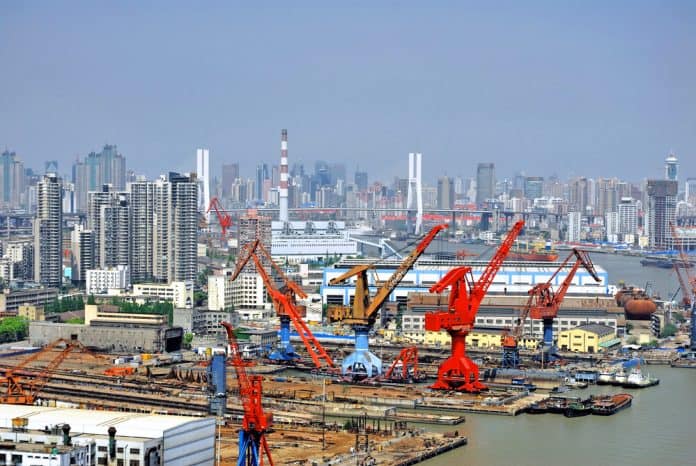Until the beginning of March, China’s strict zero-Covid policy was a remarkable success.
However, with the Omicron variant, China could not control the spread of the virus. Therefore, the Chinese government decided to impose a full lockdown in Shanghai in order to maintain the Zero Covid policy on March 28th. This lockdown effects the global supply chain and logistics as Shanghai is the one of the largest supply chain hubs in the world.
The Danish group Maersk Line said that “Due to the impact of the lockdown, we have seen an increased yard density for dangerous goods and reefer containers in Shanghai terminals. We recommend customers, when possible, ship or divert the cargo to other Chinese destinations or other markets in order to avoid the congested port. There is a possibility that cargo arriving in Shanghai is being diverted to alternative locations.”
Other parts of China are also affected by the resurgence in Covid cases due to the Omicron variant.
While the world focuses on how the Shanghai lockdown will affect the global supply chain, more bad news came from Ningbo, Shanghai’s giant port neighbor. Ningbo is on yellow alert after new Covid cases rose in China’s second-busiest port city.
On the other hand, the southern Chinese city of Guangzhou announced that in-person classes at elementary and middle schools shifted courses online after 27 new Covid cases were reported.
Lars Jensen, CEO of liner consultancy Vespucci Maritime, and a contributor on MoreThanShipping.com, stated:
“Yet again record levels of Covid in Shanghai meaning no immediate end in sight to production and logistics disruptions. With the outbreak in Guangzhou also leading to shutdowns there, the impact on export volumes out of China will grow larger.”
With the new lockdowns in China’s key cities for manufacturing and the global supply chain, we might see new bottlenecks and challenges.




